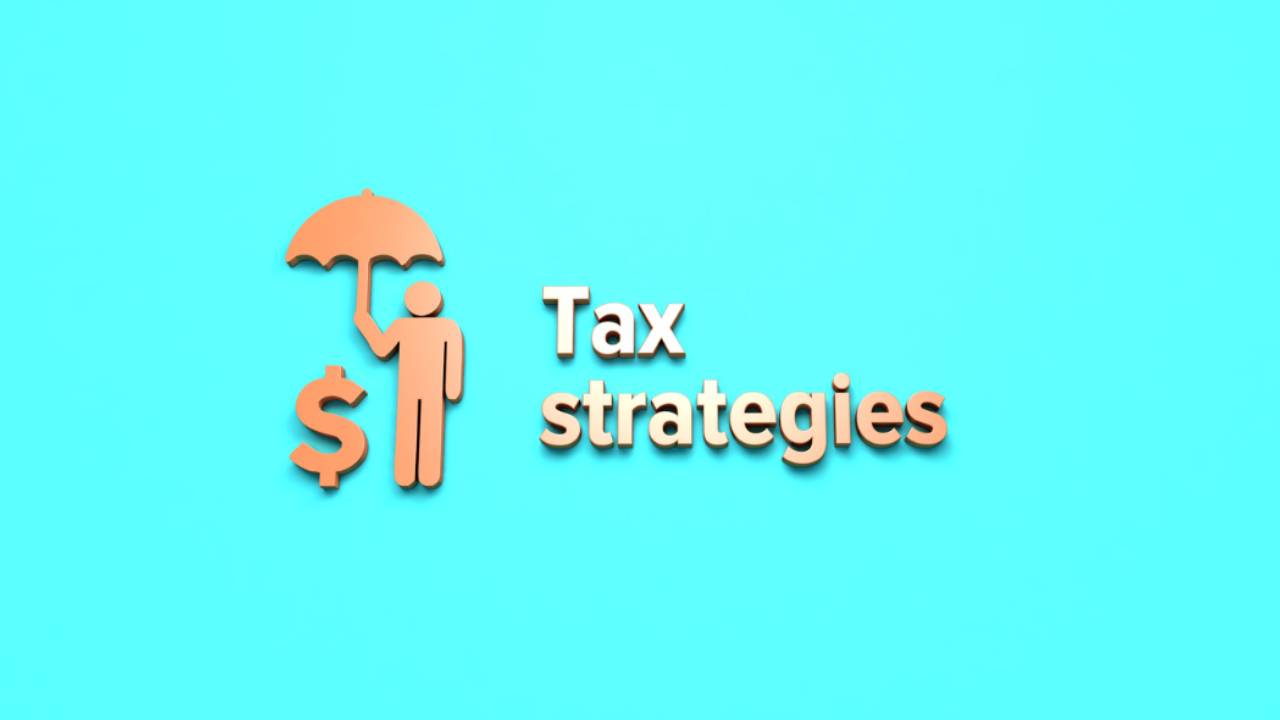Smart Tax Strategies for STR Hosts

Running a short-term rental (STR) is a lucrative venture, but taxes can eat into your profits if you’re not strategic. From federal income taxes to local occupancy taxes, STR hosts face a complex landscape that requires careful planning. In 2025, with tax codes evolving and IRS scrutiny on STRs increasing, smart tax strategies are essential to maximize deductions, minimize liabilities, and keep your business thriving. One powerful tool? The Augusta Rule, which can save you thousands. Here’s a guide to key tax strategies for STR hosts, including how to leverage the Augusta Rule, with NSTRA resources to support your financial success.
Why Tax Planning Matters for STR Hosts
STRs are businesses, subject to federal, state, and local taxes, including income tax on rental revenue and occupancy taxes (2-15% of bookings). A 2024 TurboTax study found that 65% of STR hosts overpay taxes due to missed deductions or improper filings. Effective tax planning can save you thousands annually, freeing up cash for property upgrades or portfolio expansion. By understanding deductions, tax-advantaged rules like the Augusta Rule, and compliance requirements, you’ll keep more of your hard-earned revenue.
Key Tax Strategies for STR Hosts
Implement these strategies to optimize your tax situation and protect your profits:
-
Maximize Deductions:
-
Deduct all business-related expenses, including:
-
Mortgage interest and property taxes (if not a personal residence).
-
Utilities, Wi-Fi, and cleaning fees ($50-$200/month).
-
Professional services (e.g., photography: $200-$500, accounting: $500-$1,500/year).
-
Supplies (linens, toiletries: $100-$500/year).
-
Marketing (listing fees, website hosting: $50-$200/month).
-
-
Why: Deductions lower your taxable income, potentially saving 20-30% of expenses at a 30% tax rate.
-
Tip: Use software like QuickBooks ($15-$50/month) to track expenses. NSTRA’s Preferred Sponsors offer discounted accounting tools—visit nationalshorttermrentalassociation.com.
-
-
Leverage the Augusta Rule:
-
The Augusta Rule (IRS Section 280A) allows you to rent your personal residence to your STR business for up to 14 days per year, tax-free, at fair market rates. For example, if your STR charges $200/night, your business can pay you $2,800 for 14 days, which you receive tax-free, while the business deducts it as an expense.
-
Why: This shifts income from taxable business revenue to tax-free personal income, saving $500-$1,000 in taxes at a 30% rate. It’s ideal for hosts living in their STR part-time.
-
Tip: Document the rental agreement with a contract, and consult an accountant ($100-$300) to ensure compliance. The IRS may scrutinize high rental rates, so use market-based pricing.
-
-
Comply with Occupancy Taxes:
-
Many cities require hosts to collect and remit occupancy taxes (2-15%), either directly or via platforms like Airbnb. A 2024 AirDNA report notes 45% of U.S. cities enforce STR tax compliance, with fines up to $1,000 for non-compliance.
-
Why: Proper collection avoids penalties and maintains good standing with local authorities.
-
Tip: Register with your local tax authority (free-$50) and use platforms’ tax tools or NSTRA-vetted accounting services to automate remittance.
-
-
Depreciate Your Property:
-
Depreciate your STR property over 27.5 years (residential) to deduct a portion of its cost annually. For a $300,000 property, this could yield $10,900/year in deductions, saving $3,000-$4,000 at a 30% tax rate.
-
Why: Depreciation lowers taxable income without cash outlay, ideal for long-term STR investments.
-
Tip: Hire a tax pro ($500-$1,500) for a cost segregation study to accelerate depreciation on furnishings, boosting deductions.
-
-
Protect with STR-Specific Insurance:
-
Insurance premiums for STR-specific policies (e.g., liability, property: $500-$2,000/year) are deductible, reducing taxable income. Proper coverage also protects against tax-related risks, like lawsuits impacting your finances.
-
Why: Deductible premiums lower your tax bill while safeguarding your business.
-
Tip: Work with NSTRA’s Preferred Sponsors, like Proper Insurance (888-631-6680) or CBIZ (800-615-5898), for tailored, deductible policies. Check nationalshorttermrentalassociation.com/insurance for discounts.
-
-
Hire a Tax Professional:
-
A CPA or tax advisor ($500-$2,000/year) ensures you claim all deductions, comply with regulations, and optimize strategies like the Augusta Rule. A 2024 H&R Block study found that professional tax prep saves STR hosts an average of $4,500 annually.
-
Why: Experts navigate complex STR tax codes, preventing costly errors.
-
Tip: NSTRA’s Preferred Sponsors include accounting firms—explore options at nationalshorttermrentalassociation.com.
-
Avoiding Common Tax Pitfalls
-
Misclassifying Guests: STR guests are business clients, not personal guests, so homeowner’s deductions may not apply. Use STR-specific accounting.
-
Ignoring Local Laws: Failing to register for occupancy taxes can lead to audits or fines.
-
Overlooking Records: Keep receipts, booking logs, and expense records for at least three years to substantiate deductions during IRS audits.
Tip: Use a digital filing system like Google Drive (free) or Evernote ($8-$15/month) to organize tax documents, and back up data securely.
Final Thoughts
Smart tax strategies are your key to maximizing STR profits in 2025. By leveraging deductions, the Augusta Rule, depreciation, and professional support, you’ll minimize liabilities and reinvest savings into your business. Start today: track one expense, contact an NSTRA Preferred Sponsor for insurance, or consult a tax pro about the Augusta Rule. Sign in at nationalshorttermrentalassociation.com to access vendor discounts and keep your STR financially sound.


